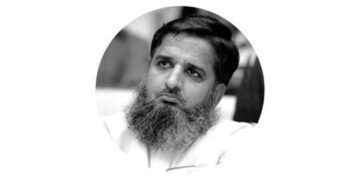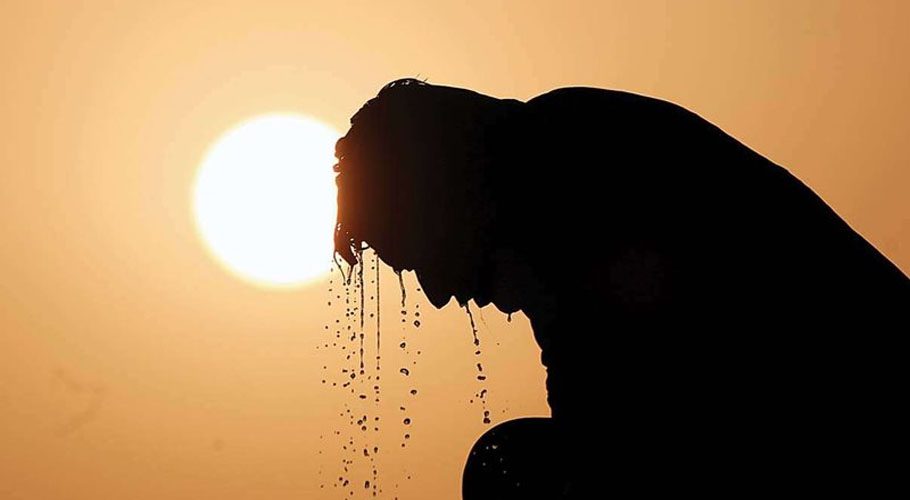![]() Follow Us on Google News
Follow Us on Google News
It is not for the first time that a religiously motivated group has disrupted civic life but what happened this week is extremely serious. The gruesome murder of Sri Lankan national Priyantha Kumara Diyawadanage at the hands of a mob in Sialkot is yet another reminder that the challenge of extremism is bigger than we thought.
Addressing a condolence reference for the slain man, PM Imran vowed that no one will be allowed to kill another in the name of religion and perpetrators of religiously motivated violence would be strictly punished. He went on to say that such was the climate of fear that those accused of blasphemy rotted in jail with no one even willing to investigate what had actually happened.
Ulema belonging to the four mainstream schools of thought also denounced self-declared vigilantism and demanded strict legal action against those behind lynching of Sri Lankan national. The clerics not only termed the killing an extrajudicial murder but also called it un-Islamic and inhumane.
These observations are correct, but we have for too long travelled down a path where elements of the state themselves rationalise religious violence. One can recall a well-frequented shrine to the man was built in Pakistan who murdered former governor Salmaan Taseer because he believed him to be guilty of blasphemy.
We can no longer ignore the impact of religious extremism and radicalization after what happened in Sialkot last week. The growing misrepresentation of Islamic teachings by extremists has marred the positive image of Islam. These elements have nothing to do with religion and are the real threat to our religion.
Whether the incident proves a catalyst for real change is as yet unknown. Sadly, history tells us that this nation has a very limited capacity for self-reflection. It is now the responsibility of the state to foster positive traditions by taking steps to prevent such incidents and to promote religious harmony.
















